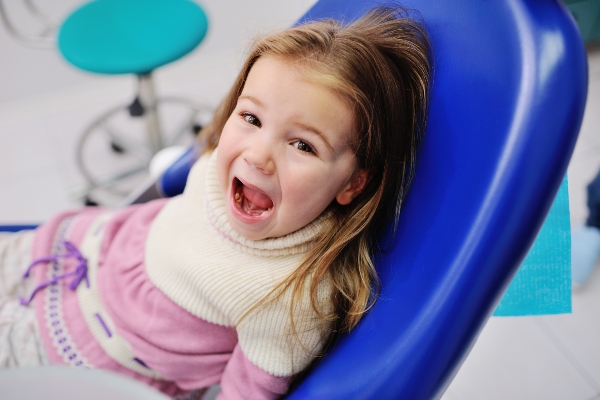 Kid’s dental crowns or caps restore damaged or decayed teeth. If your child has severe tooth decay that renders a filling useless, a dentist may recommend using a crown to save the tooth. No extraction is necessary. Better yet, the recovery and aftercare for dental crowns are simple for patients of all ages.
Kid’s dental crowns or caps restore damaged or decayed teeth. If your child has severe tooth decay that renders a filling useless, a dentist may recommend using a crown to save the tooth. No extraction is necessary. Better yet, the recovery and aftercare for dental crowns are simple for patients of all ages.
Kid’s dental crowns
Dental crowns are toothlike caps that fit over the top of a damaged or decayed tooth. They can contain various materials, such as porcelain, ceramic, or metal. Porcelain and ceramic crowns mimic the look, function, and feel of natural teeth, making them a popular choice across age groups. On the other hand, metal crowns do not blend in with the teeth.
Depending on the location of the damaged tooth in the mouth, a dentist will recommend different types of kids’ dental crowns. If the damage or decay is on a front tooth, opting for a porcelain or ceramic crown is typically best. Metal crowns are usually more common and effective on the back teeth due to their durability.
Dental crown recovery and aftercare
The recovery period after getting a kid’s dental crown is minimal. Dental crowns can be placed in a single appointment, after which most patients can return to school. The following aftercare tips can help make your child’s recovery an easy one:
1. Ease discomfort with pain medication
After getting a dental crown, the treated tooth and surrounding area may be sore or tender for a few days. Minor teeth sensitivity may arise and last a few weeks. Over-the-counter (OTC) pain relief for children, such as children’s ibuprofen, can help ease any pain and discomfort they feel in the days and weeks following crown placement.
2. Avoid eating hard foods
Parents should help their children avoid eating hard or chewy foods immediately after dental crown placement. In fact, it is best to avoid chewing these foods with the crown for the long term to prevent breaking or dislodging the dental restoration. Foods that children should avoid include popcorn, chips, caramel, and hard candies. Chewing ice is also not recommended.
3. Avoid temperature extremes in the child’s diet
Since the treated tooth may be sensitive to temperature for a few weeks, children may want to avoid foods and drinks that are too cold or hot. Some examples include ice water, ice cream, and hot chocolate. This aftercare tip is more to help the child avoid too much discomfort; these foods and drinks will not damage the kid’s dental crown.
4. Practice good oral hygiene
Practicing good oral hygiene can help the treated tooth and surrounding area heal faster. It can also help prevent the underlying tooth from decaying. Fortunately, caring for a kid’s dental crown means following the same guidelines for caring for natural teeth. Brush and floss daily, and consider using children’s mouthwash. These actions can help prevent plaque buildup, tooth decay, and gum disease. In addition, visit the dentist for regular checkups and cleanings every six months.
Call for more information
Dental crowns allow children to keep their natural teeth despite damage or decay. Ask our dentist whether a kid’s dental crown is right for your child’s oral health problem. Call today to schedule an appointment.
Request an appointment or call Grand Parkway Pediatric Dental at 832-579-0960 for an appointment in our Richmond office.
Recent Posts
A kid-friendly dentist can provide your child with the right dental care. Most adults go to a general dentist. Your child has a different set of needs, which is why finding a pediatric dentist is important. Here are the details on why finding a kid-friendly dentist is vital for your child’s oral health and comfort.Children…
Kids dentist practices are key to establishing a positive outlook on dental care, especially when guiding children through the early stages of oral health. Finding the right provider can transform what might otherwise feel like a stressful appointment into a comfortable, beneficial experience. Pediatric dentistry involves more than fixing cavities; it focuses on teaching proper…
Finding a kid-friendly dentist is essential for establishing healthy oral care habits in children early on. Regular dental cleanings significantly help prevent cavities, promote good dental hygiene, and ensure proper development as children grow. The dentist provides the necessary cleanings and exams in a welcoming and positive environment that makes children feel comfortable and engaged…


